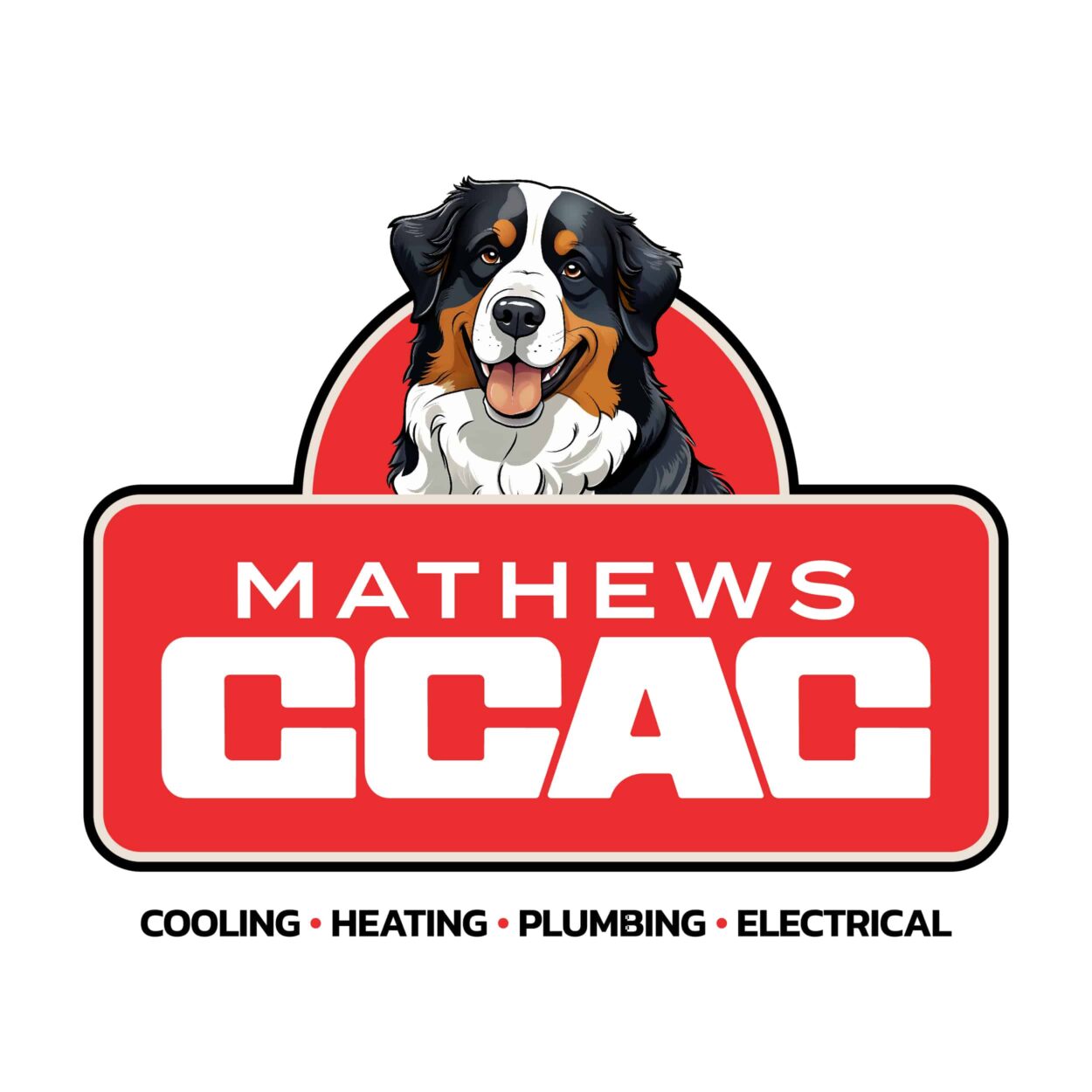Electronic devices and appliances are an important part of many modern homes. However, homeowners may not know all of the possible electrical hazards that come along with these useful household items. An estimated 51,000 electrical fires occur annually according to Electrical Safety Foundation International, so it’s important to make sure your electrical systems are protected.
Understanding electrical safety is essential to preventing accidents and protecting your family. Mathews CCAC has compiled a short list of tips to consider when taking the necessary precautions to ensure your electrical safety.
1. Watch Out For Damaged Power Cords
By following safety precautions, you can help avoid the risk of electric shock. These precautions can be taken to protect yourself from a variety of your home’s electrical assets, such as lighting systems and power strips. It also includes devices like refrigerators, ovens, dishwashers and dryers.
Damaged power cords are one of the most prevalent electrical dangers in homes. Damaged cords are dangerous because it may cause a live wire to be exposed, creating a fire and shock hazard. For this reason, it’s important to be mindful of the quality of your cords.
Extension cords should be handled with extra care because they are prone to tangling with furniture or being stepped on, which can result in an electrical shortage or shock. It is important to practice the proper home safety precautions in order to avoid detrimental accidents such as these.
2. Keep Your Electronics Away From Water
There are many ways to ensure electrical safety at home, but it’s crucial to remember where you are placing any and all electrical devices in the home. Make sure all electronics are kept away from water, as any contact with water would be hazardous for the home. This is because the water in your home acts as a conductor for electricity. It’s important to be extra mindful of electronics in places like the kitchen or bathroom where exposure to water is more likely.
What about outlets, though? It’s important to be mindful of your electrical outlets if your home has undergone renovations that may be susceptible to water damage within electrical fixtures. You should also be careful that no water from your kitchen or bathroom sinks splash into these outlets. If your outlets get wet, this can cause a short circuit to occur or even an electrical fire.
3. Do Not Overload Your Outlets
One of the most common causes of electrical fires in homes is overloaded electrical outlets. Plugging too many appliances or devices into one outlet can cause it to overheat and start a fire. To prevent this, make sure you’re not plugging in too many things at once. If you need to plug in multiple devices, use a power strip with built-in surge protection.
4. Ensure The Wattage Of Light Fixtures
Light bulbs come in a wide variety, and one of these differences among bulbs include their wattage. It’s important to make sure that you know how many watts your lightbulbs should have because using a bulb with too high of a wattage can be dangerous.
This can lead to something called overlamping, which puts your home at risk for fire and can cause damage to your fixtures. If you’re unsure how many watts your lightbulbs should use, a general rule of thumb is that your home’s lights should not exceed 60 watts.
5. Use Ground Fault Circuit Interrupters (GFCIs)
GFCIs are electrical safety devices designed to protect people from electric shock. They work by shutting off power to an electrical circuit if they detect a ground fault. GFCIs should be installed in all wet areas of your home, such as bathrooms, kitchens and outdoor areas.
The Best Electricians In Corpus Christi Are Here To Help
Are you in need of an electrical repair or inspection to ensure your home is following all electrical safety measures? Mathews CCAC can help! Our team is dedicated to providing you with quality home services to ensure that you and your family are protected at all times. Need a hand? Contact us today to schedule an appointment with a Corpus Christi electrician.












